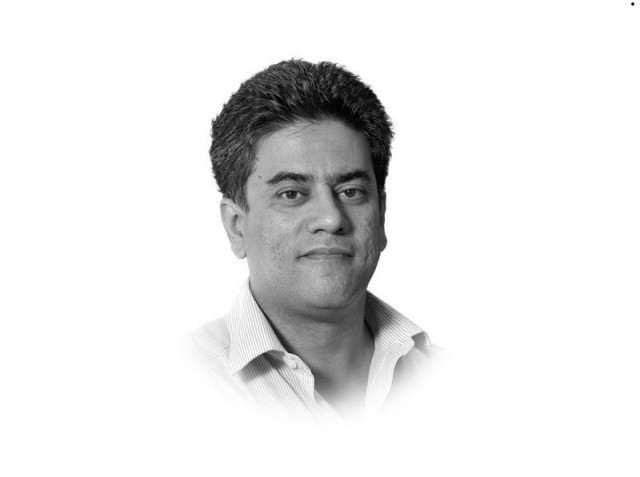One hundred percent
The popular belief being that these results are undeserved and manipulated owing to pressure and money

We are given the good news that one candidate bagged 99% while 25 others secured 98% marks as the Board of Secondary Education Karachi (BSEK) this week announced results of the SSC Science Group examination. Attaining cent per cent marks — usually unheard of in the past — seems to have become a trend now.
In Punjab, for example, results this year of the Board of Intermediate and Secondary Education (BISE) have surprised stakeholders of the education sector as dozens of students across the province secured full marks in the 1,100-mark examination. Reportedly, as many as 50 students secured 1,100 marks out of 1,100 total marks. What a feat!
Besides this, the BISE results were also almost same in Multan where 48 students secured 1,100 marks while 24 students scored full marks in the Faisalabad BISE exams. Not everyone seemed amused. Social media platforms were abuzz with jokes after dozens of students across Pakistan aced the board exams, with hashtags trending online. The popular belief being that these results are undeserved and manipulated owing to pressure and money.
The erosion has been gradual. Over the past few years, we have seen that there were reportedly thousands of intermediate students who secured 1,099, 1,098 or 1,097 marks out of the total 1,100 marks. This year, the HSC students obtained these marks after opting for only three optional subjects while in the past two years they spent around 18 months out of schools owing to the Covid-19 curbs.
Where is the problem one wonders? Possibly in the fact that standards seem to have fallen and students are being given marks more on pressure and less on merit. In the past, such marks were unheard of. And no educationist can claim that the level of education has improved over the years. In fact, the opposite has been the case. Then why the rise in marks?
We have decided to compromise on our standards to please a select few — at the expense of the rest. Of course, there are those who have been graded on merit but it seems now that these gradings are now a bit suspect.
That is possibly why almost no university — public or private — across Pakistan accepts the HSC result as the basis of admission any longer. There was a time when admissions were given on this basis — with students putting in their best effort (including the 2 per cent or so that they secured for the NCC course that they toiled through) to ensure admission to the universities of their choice.
Now this is not the case. Over the past decade or so a new racket has emerged where all universities now conduct their own entry tests — or the government itself conducts yet another test — for admission. Then one wonders why the purpose for the SSC and the HSC. Universities then issue admission lists — the more prestigious the university the later its list appears. So when a student gets admission in a second grade university and has to wait on whether admission has also been secured to the comparatively better university, they end up paying the admission fees to their second choice — just in case they don’t secure admission in the first choice institution. It is a depressing situation and shows that the public sector is as much part of the scam as are the private universities.
While we are focusing our discussion on the Single National Curriculum, which is itself a bad idea because the intentions behind it are suspect, this billion-rupee racket remains ignored.
Lest we forget, the provision of quality education at an affordable cost is the duty of the government as promised to us in our constitution. Since the Zia years we have seen how the government has tried to shift away from this important responsibility.
It is time to take a good look at how we are managing our examining bodies. Pakistan may be one of the few countries in the world which has more than five education systems running side by side. While we cannot merge everything into one, as the SNC suggests, we cannot either afford to have a sizeable chunk of our students being examined by a foreign testing system only because the faith in the local examination boards has all but vanished. Time to look for a less exploitative system.
Published in The Express Tribune, November 1st, 2021.
Like Opinion & Editorial on Facebook, follow @ETOpEd on Twitter to receive all updates on all our daily pieces.















COMMENTS
Comments are moderated and generally will be posted if they are on-topic and not abusive.
For more information, please see our Comments FAQ